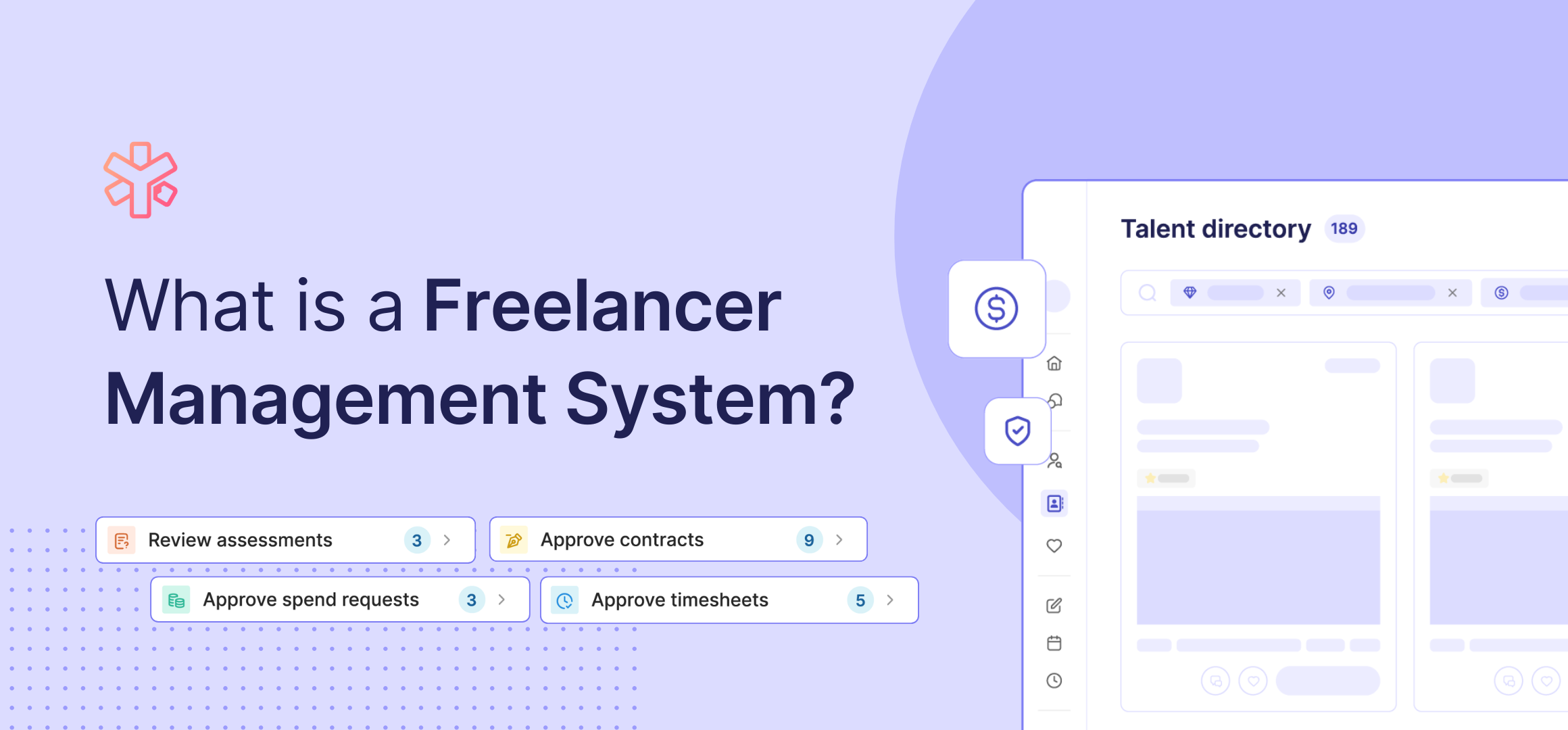The summer months often mean warm, sunny days, attempts to work outside and lots more job opportunities for freelancers!
Many of our clients on YunoJuno ramp up their projects and job requests during the summer months as their in-house teams start to go on holiday and they need cover. From May to September, the number of briefs available start to rise and in turn, our community of freelancers start to accept more jobs.
Whilst this is often a very popular time for our freelancers, taking on several projects at once can create issues too. We explore some of the opportunities and cons of a busy summer and what freelancers can do to get a healthy balance.
The Opportunities Summer Brings Freelancers
For people running freelance businesses, the busy months of summer often mean lots more opportunities and fresh new projects. We’ve spoken to our own community before about what being busier means for them and some of the pros they mention include:
- Gaining more experience in new sectors.
- More earning potential.
- Exposure to new clients who may need future support.
- The chance to expand their network with fellow freelancers.
With other pros including expanding skills, there are lots of benefits to covering holidays for clients and a seasonal influx of work. Of course, like many things there are considerations to be made.
Things to consider
Many of the seasoned freelancers we’ve spoken to highlight some of the downsides to this busy period for them, namely, working longer days and having to re-work the work/ life balance. Some of the other downsides include:
- The pressure of tight deadlines.
- More work means longer working hours and less time to enjoy the sunshine!
- Feeling generally stressed with workloads.
- Less capacity for other things you enjoy.
- Potential to take on too much and burn out.
Despite the above, many freelancers say they prepare themselves for a busier summer to help balance quieter times in their industry throughout the year.
How to Avoid Taking On Too Much
We’ve previously covered the topic of freelancer burnout which typically happens during the summer months when clients need cover for their full-time teams. If you’re preparing to take on more this summer, make sure you set yourself a limit on your working day and stick to it. A strong schedule can mean you get all of your tasks done within a reasonable amount of time, instead of working long 12 - 16 hour days or more!
Set yourself a limit to how many new projects you can agree to, for example, if you’re already working on two, draw the line at no more than four and make sure the next one or two you agree to are smaller.
Remember, it’s not compulsory to take on more or say ‘yes’ because someone has asked you to, freelancers are able to say no and still work!
And take a break yourself once the busier period is over! Book time off or even book a holiday and don’t take your laptop. Taking a break after a busy working period will help you recharge and regroup, improving your mental health and helping you to slow down and avoid burnout!








